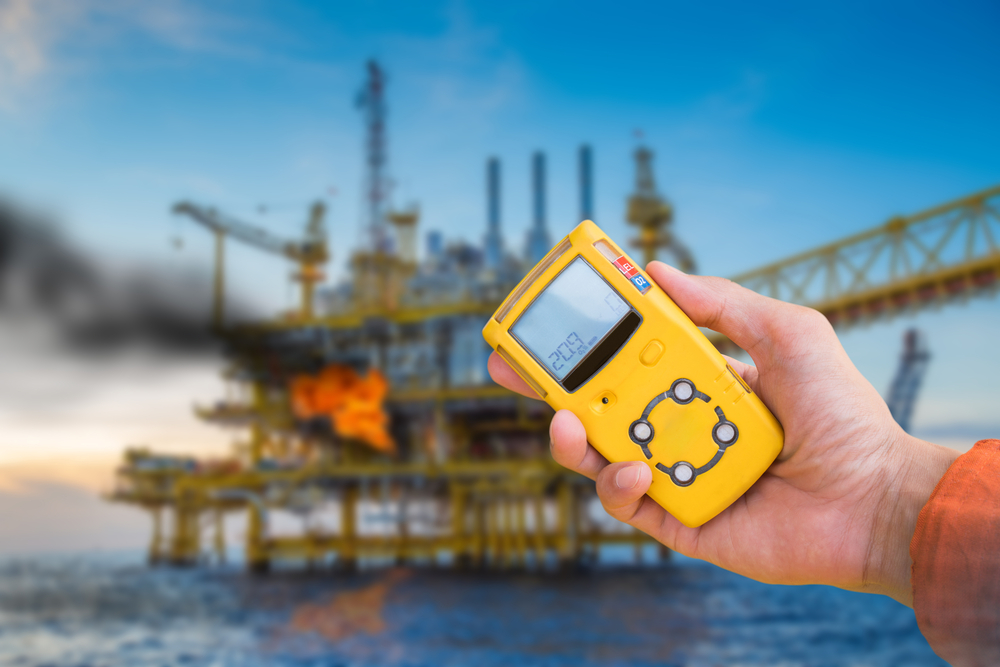Noxious fumes, radiation leaks, and volatile gas buildups – these are issues that can pose serious danger to people when they least expect it. Because these aren’t always immediately visible, being able to check the air for the presence of dangerous substances before they cause serious problems is an indispensable process. And this method is made possible, thanks to the development of gas detectors.
How a gas detector works can be divided into three main phases:
- The device takes in samples of the air around it and analyzes it with a series of sensors. Depending on the type of sensor, a gas detector may be able to detect toxic gases or combustible gasses.
- By comparing the sensor readings to a series of pre-programmed thresholds, the detector can tell if the amount of chemicals being detected have already reached certain points that might call for either an early warning or a call for immediate action.
- If certain thresholds are reached, a compact micro brushless motor in the detector will create a vibrating alert, along with beeping noises or blinking lights (depending on the severity of the situation) to warn the user.
Gas detectors are typically used by companies primarily dealing with hazardous substances, such those produced in gas stations, power plants, chemical factories, mines, and other industrial settings. However, many other businesses and organizations rely on gas detectors for safety purposes.
- In any workplace where working with metals and high temperatures is a common activity, gas detectors can ensure that there are no combustible gas fumes that might trigger an explosion once a blowtorch, furnace, or arc welder is used.
- In mining and other deep excavation operations, miners equipped with gas detectors can avoid areas with low oxygen levels or high amounts of carbon monoxide, hydrogen sulphide, and other hazardous gases that could suffocate them.
- In laboratory research facilities, certain procedures create toxic or combustible fumes that could lead to accidental inhalation or even explosions. Having gas detectors to constantly monitor gas levels allow researchers to abort a procedure or exercise remediation before a problem occurs.
- Hospitals and other health centers can also benefit from gas detectors by checking air vents for traces of harmful gasses circulating in the air.
- Restaurants and other food service establishments can regularly check their kitchens for gas leaks using a gas detector. This means reducing the risks of kitchen fires.
- Commercial centers such as malls or supermarkets can use gas detectors to check if their ventilation and air conditioning systems are still circulating cool, clean air.
- Food production businesses can use gas detectors to constantly monitor the conditions in their storage facilities since certain gases such as nitrogen dioxide can affect the quality of the food being stored.
- City maintenance crews can also use gas detectors to check storm drains and sewers for signs of gas buildup that could lead to an explosion if otherwise left unchecked. The presence of trace amounts of certain toxic gasses in storm drains can also point to water or ground pollution.
- Gas detectors are also commonly used for performing spot checks on road checkpoints to catch vehicles that fail to meet emission standards set by law.
- In a home setting, a gas detector can be used to detect combustible fumes and traces of carbon monoxide way before the inhabitants get harmed.
Because gas detectors can be considered essential safety equipment, their quality and reliability should never be compromised. Gas detectors must be calibrated before use to make sure readings are accurate. The batteries used for the device must also always be fully charged and designed for extended use. Last but not least, the devices must be portable and lightweight enough to keep them from being a burden to their users, many of whom are likely to work with heavier equipment most of the time.
Gas detectors may be small, but their versatility and the degree of safety they provide make them among the greatest safety equipment for many commercial, industrial, and even domestic scenarios.

